An updated database on invasive plant and animal species and the use of the drone to
promote the restoration of areas at risk in Sicily and Malta.
A database of the invasive plant and animal species present in the Mediterranean area is being
developed to counteract the loss of biodiversity and the degradation of ecosystem services
and, at the same time, promote the restoration of sites.
The technological innovations supported by the actions of the researchers of the “FAST – Fight
Alien Species Transborder” project within the Interreg V-A Italy-Malta 2014-2020 have recently
been illustrated during an event at the University of Malta.
The Department of Biology, Geology, and Environmental Sciences of the University of Catania
is the Leading Partner in the Sicilian-Maltese partnership. “The database of alien plant species
of Sicily and Malta, still being updated, already includes about 700 species, more than one to
be considered invasive, and over 900 alien animal species, of which 150 invasive” explained
Prof. Pietro Minissale of the University of Catania and Mr.Thomas Cassar of the University of
Malta.
A project that also provides an innovative character in the process of eradication of alien
species scrub thanks to the use of drones in the pre and post-intervention phases that will
allow the effectiveness of the interventions to be monitored over time. The theme of the control
of exotic species in Malta was addressed by dr. Darrin Stevens, Deputy Director of the Maltese
Authority for the Environment and its Resources.
«Once again international collaboration is of fundamental importance to concretely address“
global ”problems such as those of invasive alien species» explained prof. Joseph Cacciatolo,
Vice-Rector of the University of Malta, Prof. Giorgio Sabella, scientific coordinator of the FAST
project, and Prof. David Mifsud, project manager for the University of Malta, before the
interventions of the representatives of the partnership: Sharlo Camilleri (permanent secretary of
the Ministry of Agriculture, Fisheries and Animal Rights of Malta), Gaetano Torrisi (director of
the Natural Reserves management office of the Metropolitan City of Catania) and Maria Di
Maio (councilor for the Territorial Planning and Local Development office of the Nature
Reserves of the Free Municipal Consortium of Ragusa)
On the interventions of containment/eradication of alien species in protected areas, Mr. Arthur
Lamoliere of the University of Malta and Immanuel Grima of the Ministry of Agriculture,
Fisheries and Animal Rights of Malta illustrated the actions already carried out or underway in
the Maltese archipelago on Carpobrotus acinaciformis, Ricinus communis, Pennisetum
setaceum, and some monitoring carried out with the drone to verify intervention effectiveness.
On the same topic, Dr. Gaetano Torrisi and Umberto Troja of the Metropolitan City of Catania
presented the interventions that will be carried out with non-invasive techniques in the natural
reserves “Oasi del Simeto” and “Fiume Fiumefreddo” and which will concern in particular the
invasive alien species Agave americana, Carpobrotus acinaciformis, Opuntia ficus indica,
Acacia saligna, Yucca elephantiphes, Wasghingtonia filifera, Nicotiana glauca, Pennisetum
setaceum, Ricinus communis and Phyllostachis aurea. The areas will be restored with plants
typical of the affected habitats such as Juniperus oxycedrus, Tamarix gallica, T. africana,
Populus alba, and Salix alba obtained in the nursery from local germplasm.
Drs. Maria Di Maio and Roberto Cundari of the Libero Municipal Consortium of Ragusa
showed interventions similar to the previous ones carried out always with non-invasive
techniques, in the natural reserves “Macchia Foresta del Fiume Irminio” and “Pineta di Vittoria”
on invasive species: Agave americana and Saccharum aegyptiacum aegyptiacum. Also in this
case it is foreseen the planting of the areas subject to intervention with plants typical of the
Mediterranean scrub obtained in the nursery from local germplasm. The professor. Oscar Lisi
from the University of Catania, responsible for the communication of the project, illustrated the
numerous and articulated activities for the dissemination of results and environmental
education carried out in Malta and Sicily where, next October, a new workshop will be held.
An updated database on invasive plant and animal species and the use of the drone to
promote the restoration of areas at risk in Sicily and Malta.
A database of the invasive plant and animal species present in the Mediterranean area is being
developed to counteract the loss of biodiversity and the degradation of ecosystem services
and, at the same time, promote the restoration of sites.
The technological innovations supported by the actions of the researchers of the “FAST – Fight
Alien Species Transborder” project within the Interreg V-A Italy-Malta 2014-2020 have recently
been illustrated during an event at the University of Malta.
The Department of Biology, Geology, and Environmental Sciences of the University of Catania
is the Leading Partner in the Sicilian-Maltese partnership. “The database of alien plant species
of Sicily and Malta, still being updated, already includes about 700 species, more than one to
be considered invasive, and over 900 alien animal species, of which 150 invasive” explained
Prof. Pietro Minissale of the University of Catania and Mr.Thomas Cassar of the University of
Malta.
A project that also provides an innovative character in the process of eradication of alien
species scrub thanks to the use of drones in the pre and post-intervention phases that will
allow the effectiveness of the interventions to be monitored over time. The theme of the control
of exotic species in Malta was addressed by dr. Darrin Stevens, Deputy Director of the Maltese
Authority for the Environment and its Resources.
«Once again international collaboration is of fundamental importance to concretely address“
global ”problems such as those of invasive alien species» explained prof. Joseph Cacciatolo,
Vice-Rector of the University of Malta, Prof. Giorgio Sabella, scientific coordinator of the FAST
project, and Prof. David Mifsud, project manager for the University of Malta, before the
interventions of the representatives of the partnership: Sharlo Camilleri (permanent secretary of
the Ministry of Agriculture, Fisheries and Animal Rights of Malta), Gaetano Torrisi (director of
the Natural Reserves management office of the Metropolitan City of Catania) and Maria Di
Maio (councilor for the Territorial Planning and Local Development office of the Nature
Reserves of the Free Municipal Consortium of Ragusa)
On the interventions of containment/eradication of alien species in protected areas, Mr. Arthur
Lamoliere of the University of Malta and Immanuel Grima of the Ministry of Agriculture,
Fisheries and Animal Rights of Malta illustrated the actions already carried out or underway in
the Maltese archipelago on Carpobrotus acinaciformis, Ricinus communis, Pennisetum
setaceum, and some monitoring carried out with the drone to verify intervention effectiveness.
On the same topic, Dr. Gaetano Torrisi and Umberto Troja of the Metropolitan City of Catania
presented the interventions that will be carried out with non-invasive techniques in the natural
reserves “Oasi del Simeto” and “Fiume Fiumefreddo” and which will concern in particular the
invasive alien species Agave americana, Carpobrotus acinaciformis, Opuntia ficus indica,
Acacia saligna, Yucca elephantiphes, Wasghingtonia filifera, Nicotiana glauca, Pennisetum
setaceum, Ricinus communis and Phyllostachis aurea. The areas will be restored with plants
typical of the affected habitats such as Juniperus oxycedrus, Tamarix gallica, T. africana,
Populus alba, and Salix alba obtained in the nursery from local germplasm.
Drs. Maria Di Maio and Roberto Cundari of the Libero Municipal Consortium of Ragusa
showed interventions similar to the previous ones carried out always with non-invasive
techniques, in the natural reserves “Macchia Foresta del Fiume Irminio” and “Pineta di Vittoria”
on invasive species: Agave americana and Saccharum aegyptiacum aegyptiacum. Also in this
case it is foreseen the planting of the areas subject to intervention with plants typical of the
Mediterranean scrub obtained in the nursery from local germplasm. The professor. Oscar Lisi
from the University of Catania, responsible for the communication of the project, illustrated the
numerous and articulated activities for the dissemination of results and environmental
education carried out in Malta and Sicily where, next October, a new workshop will be held.
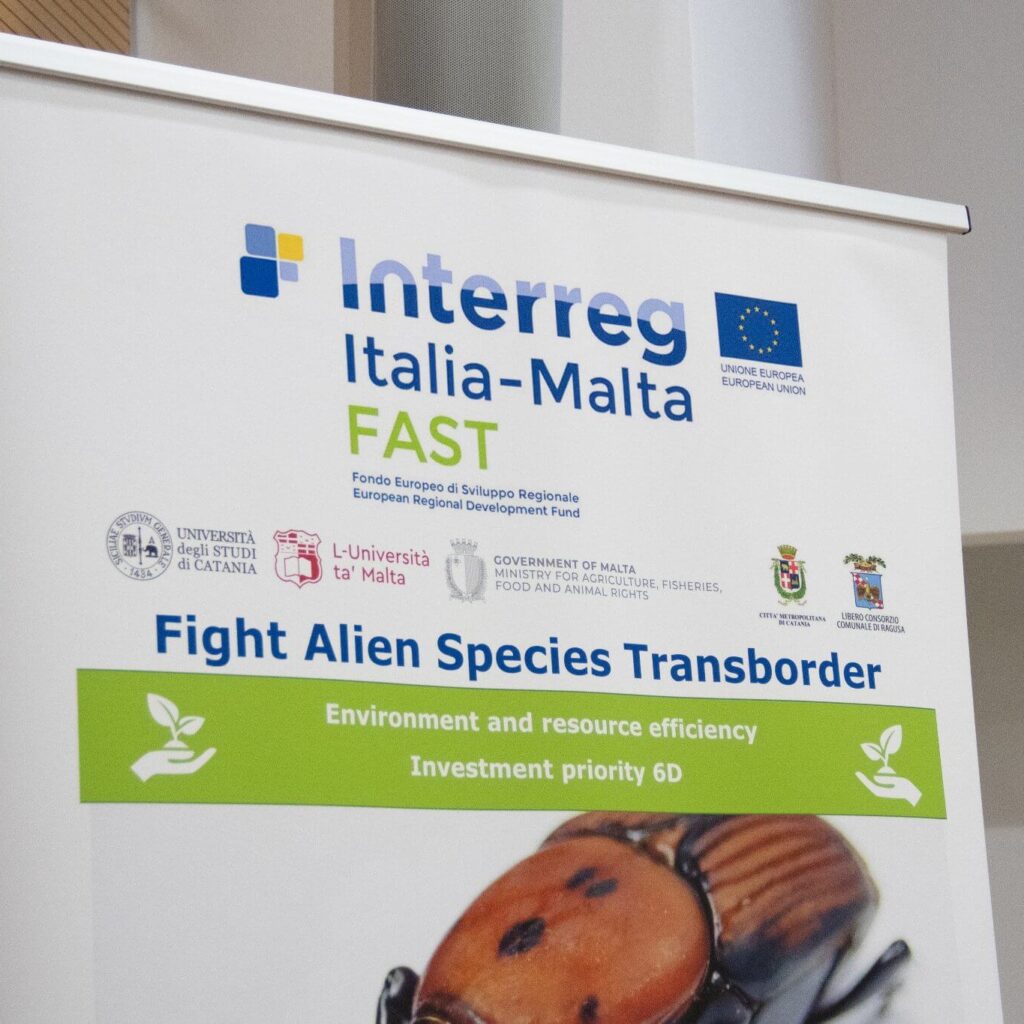
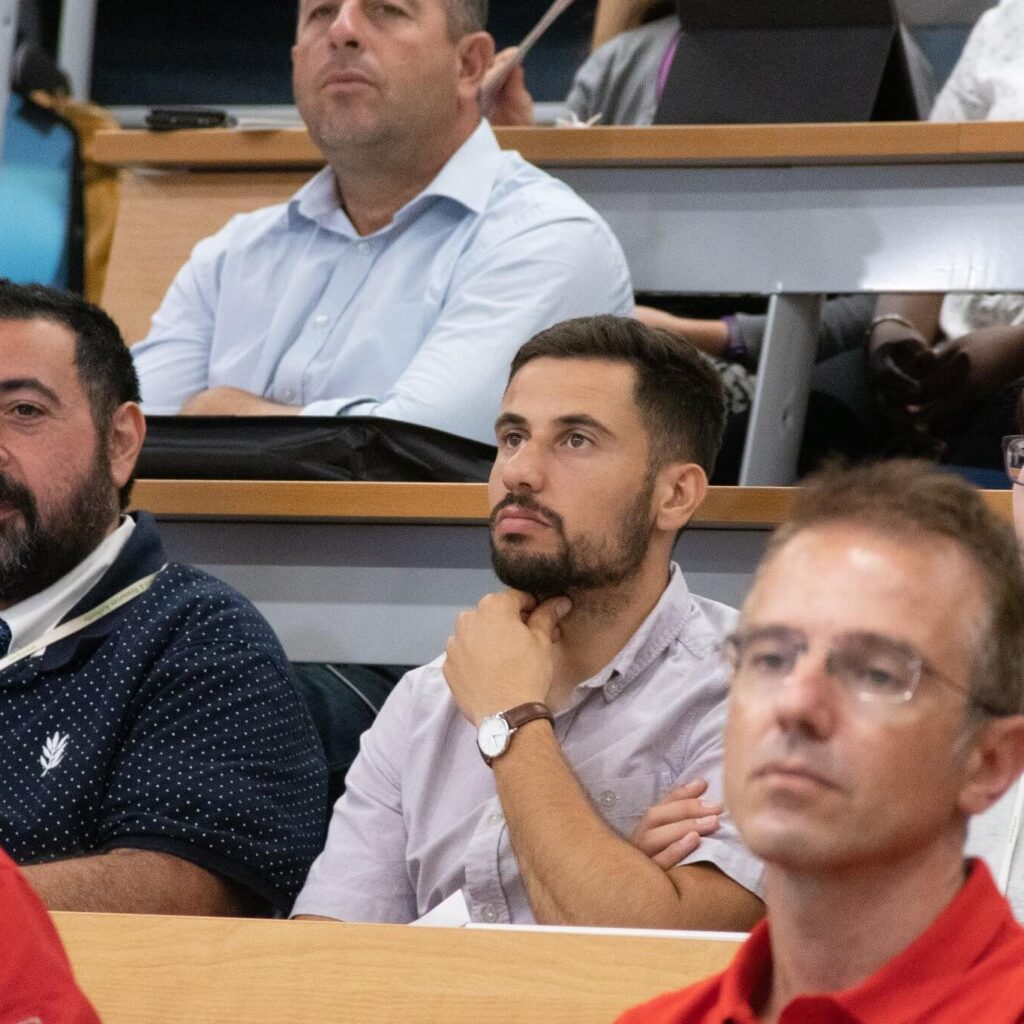
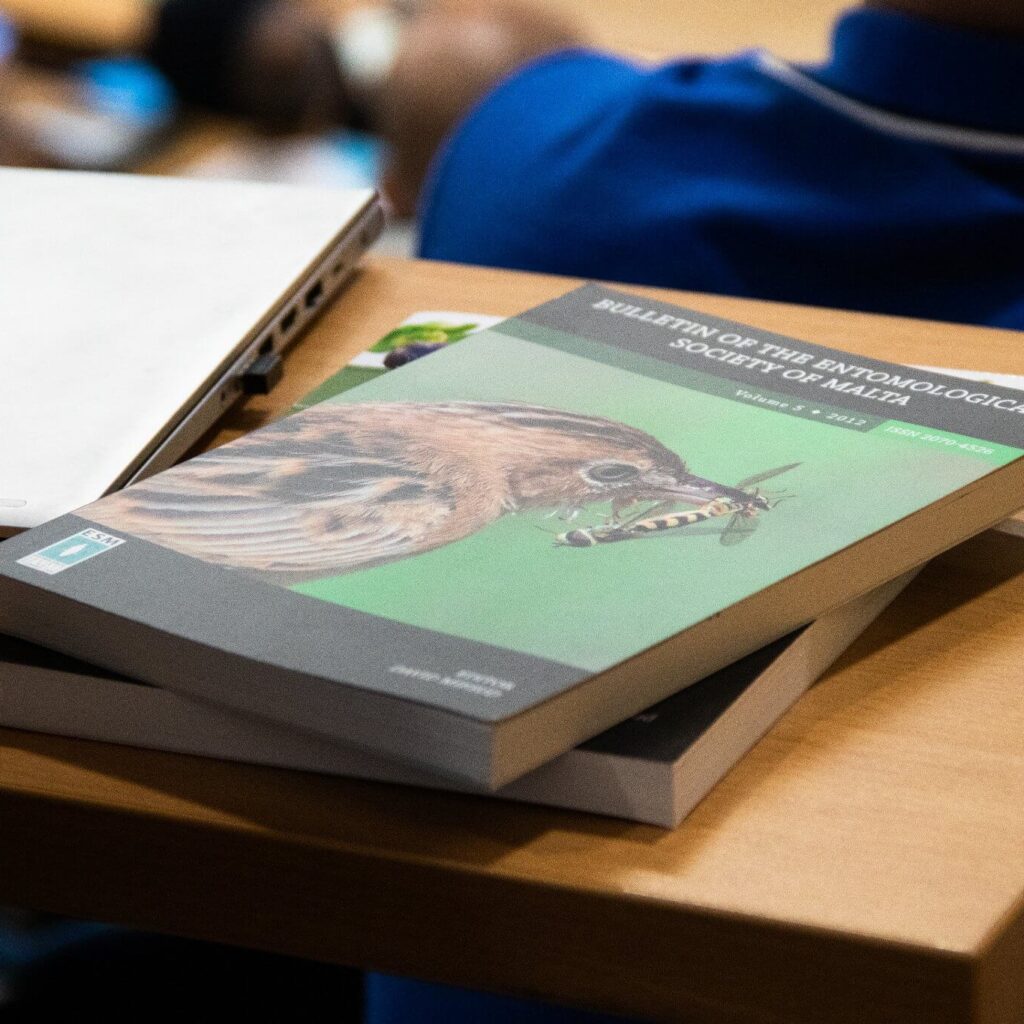
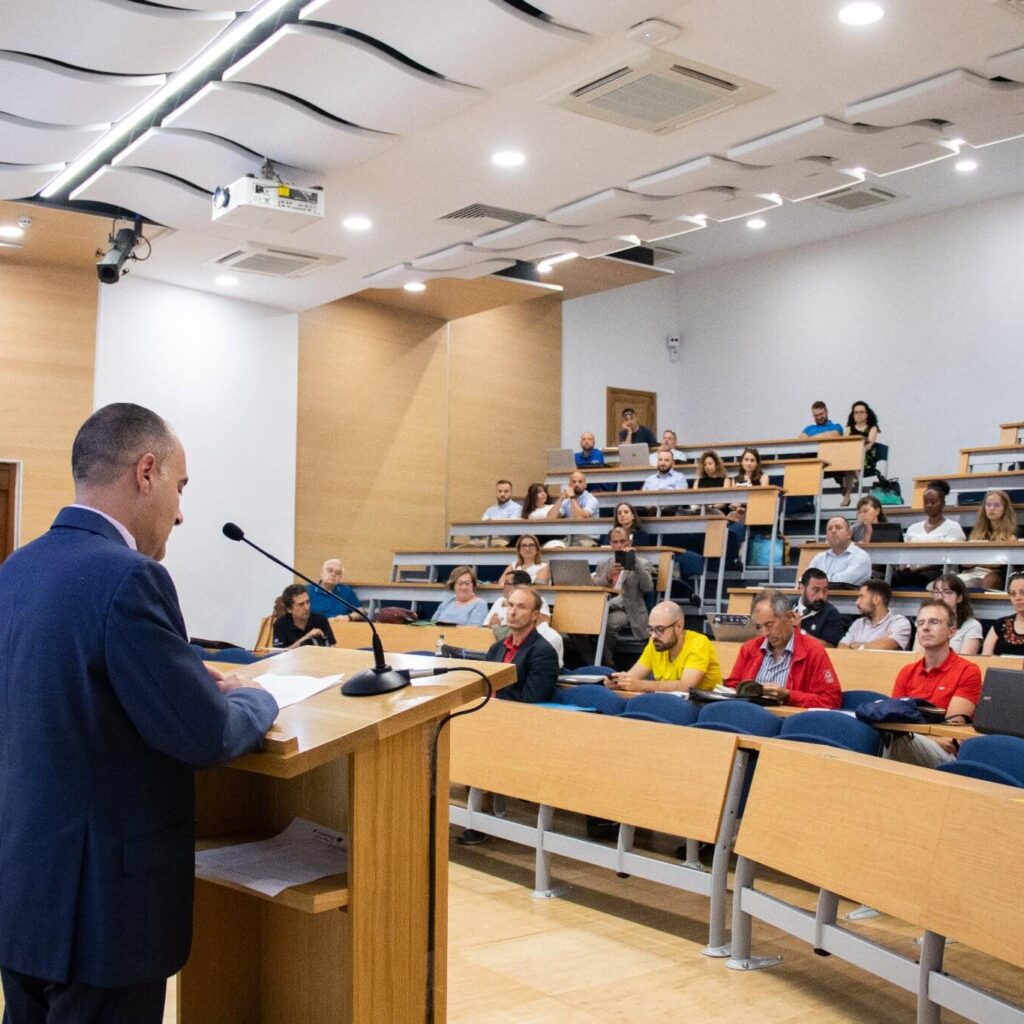
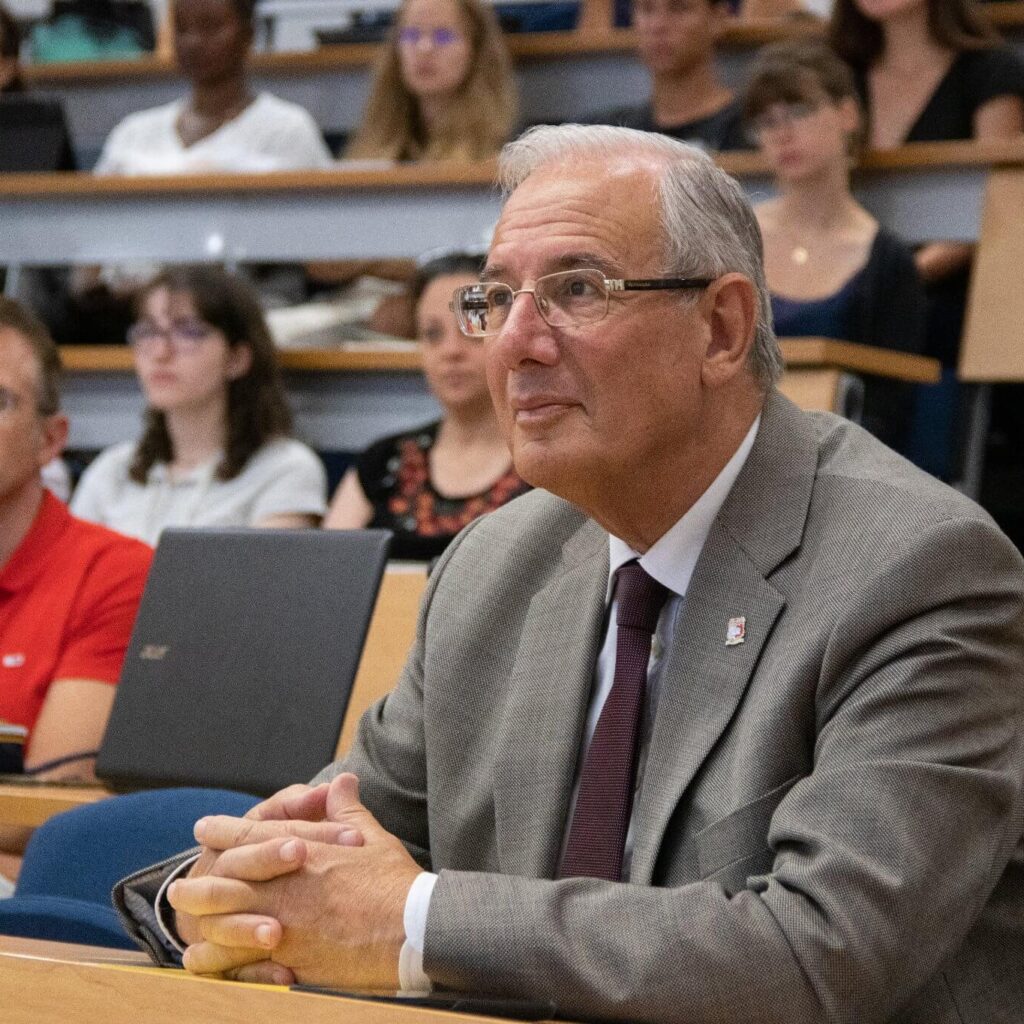
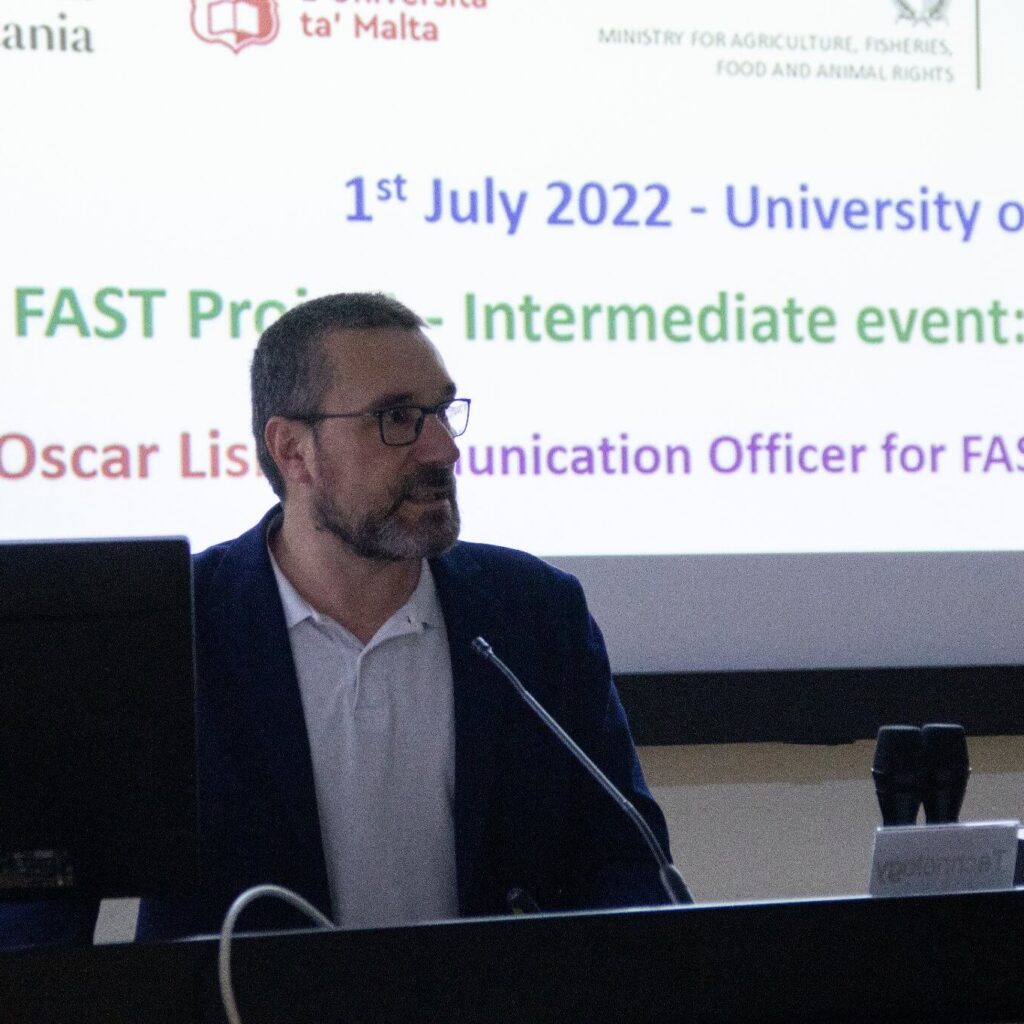
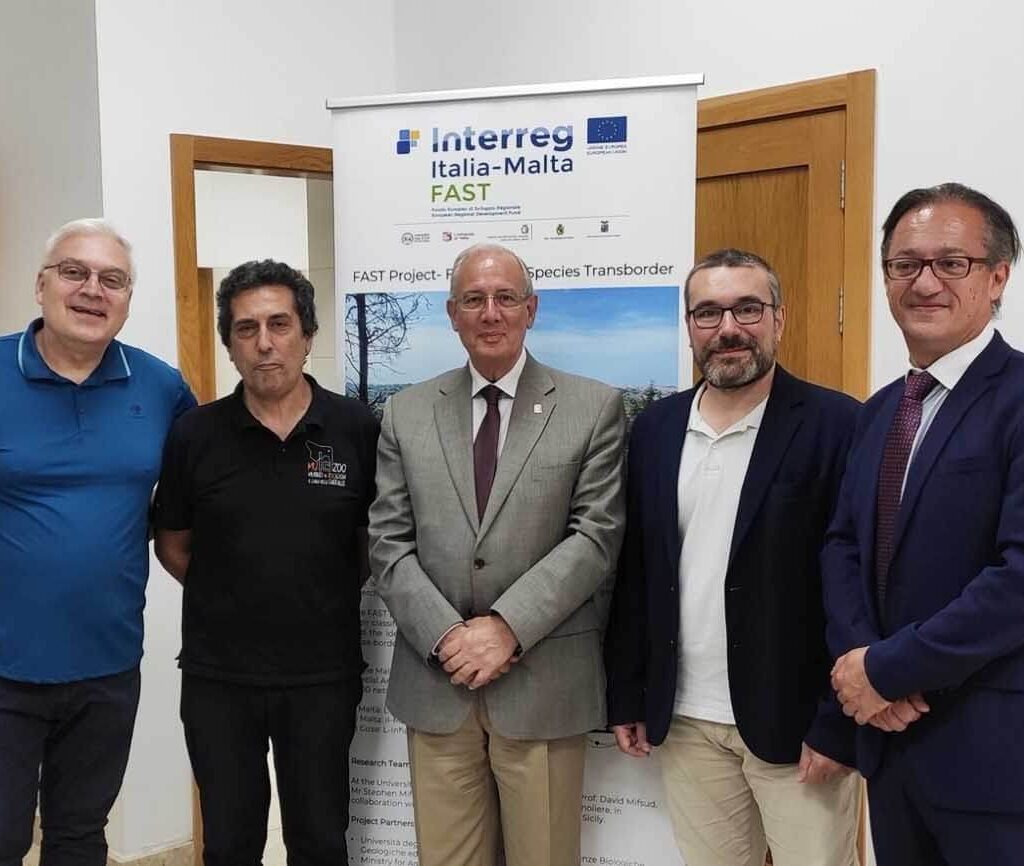
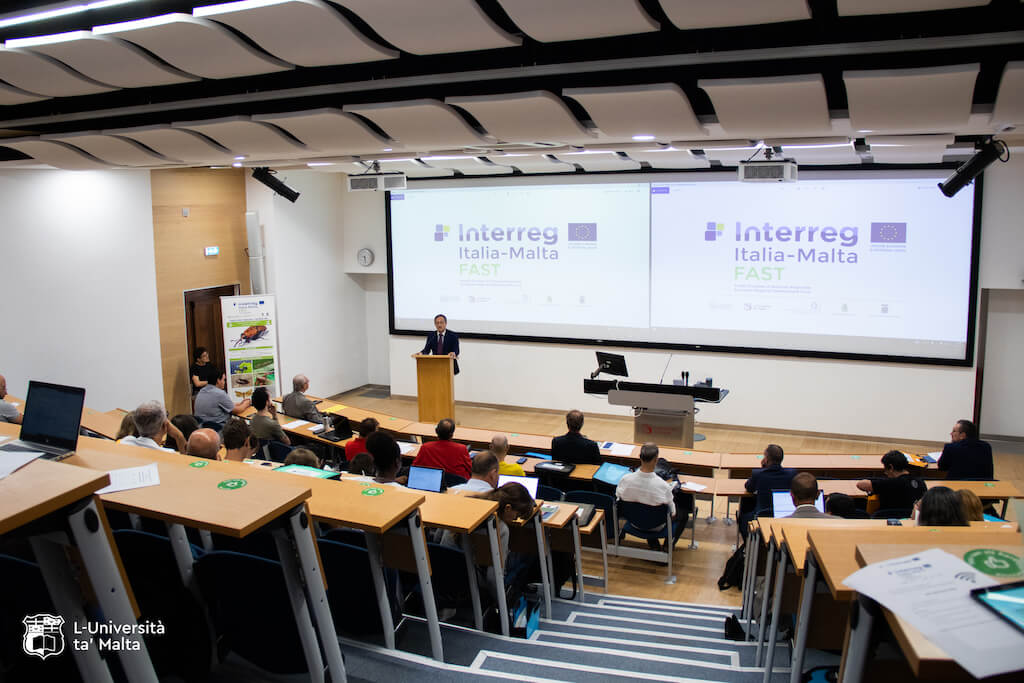
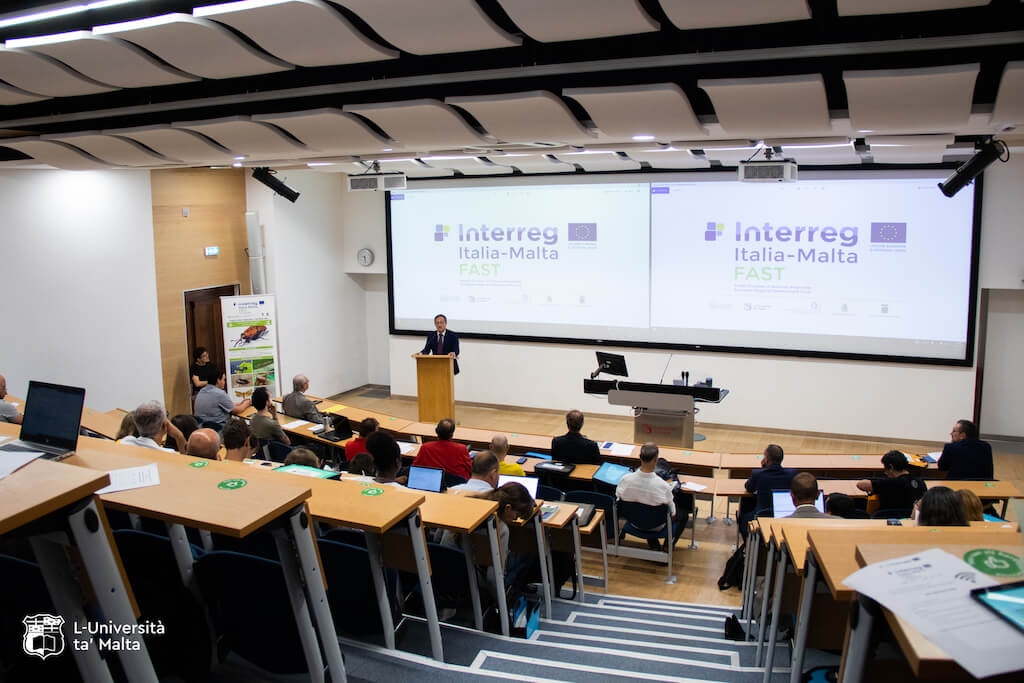
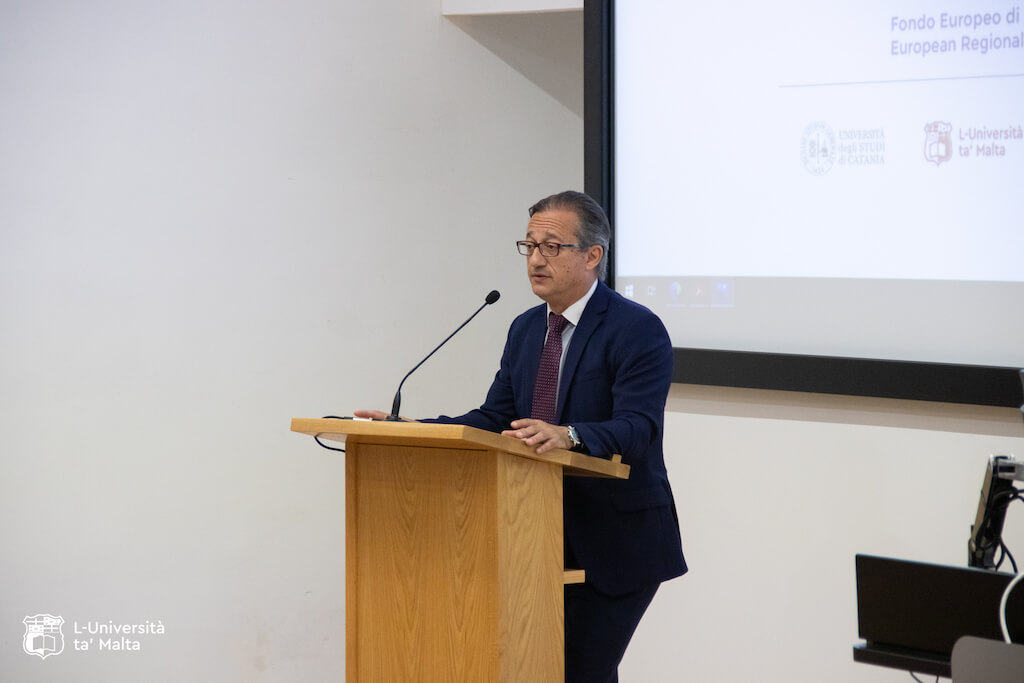
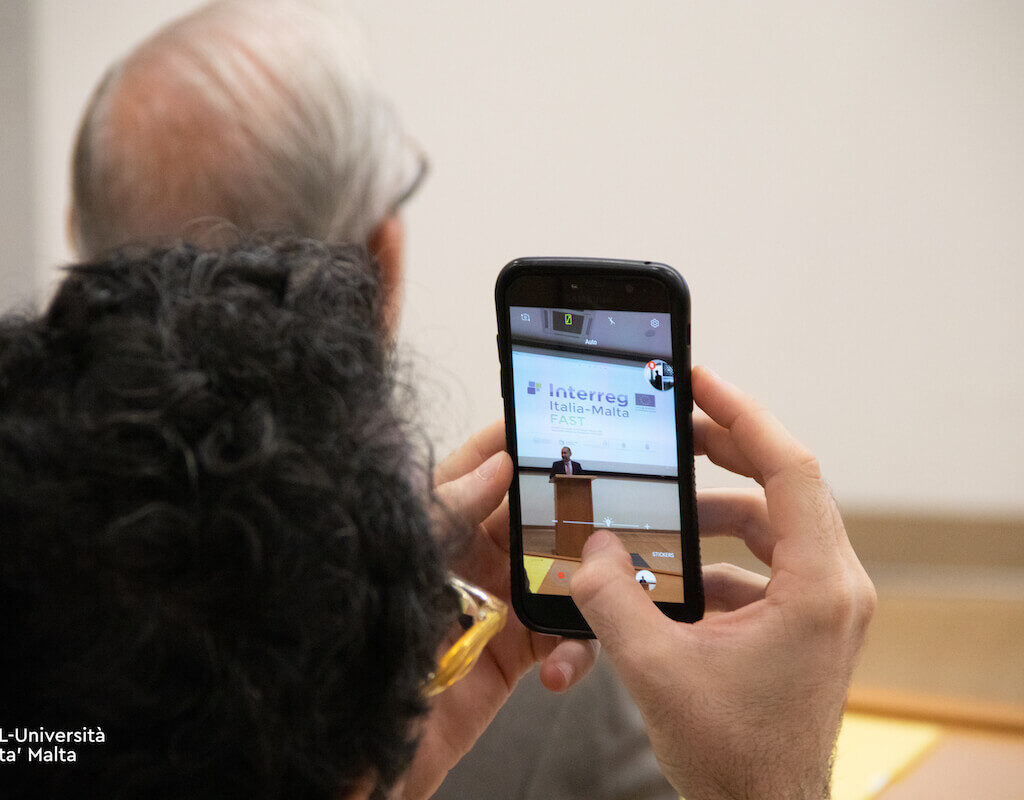
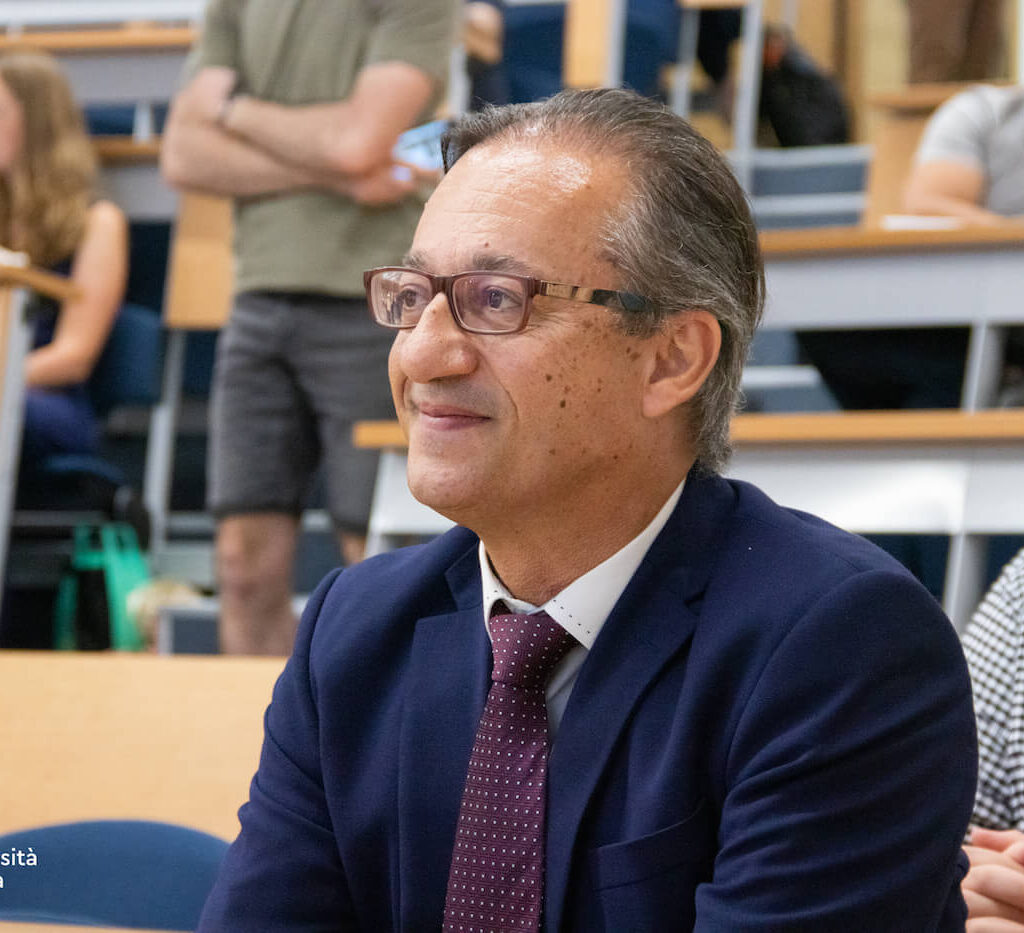
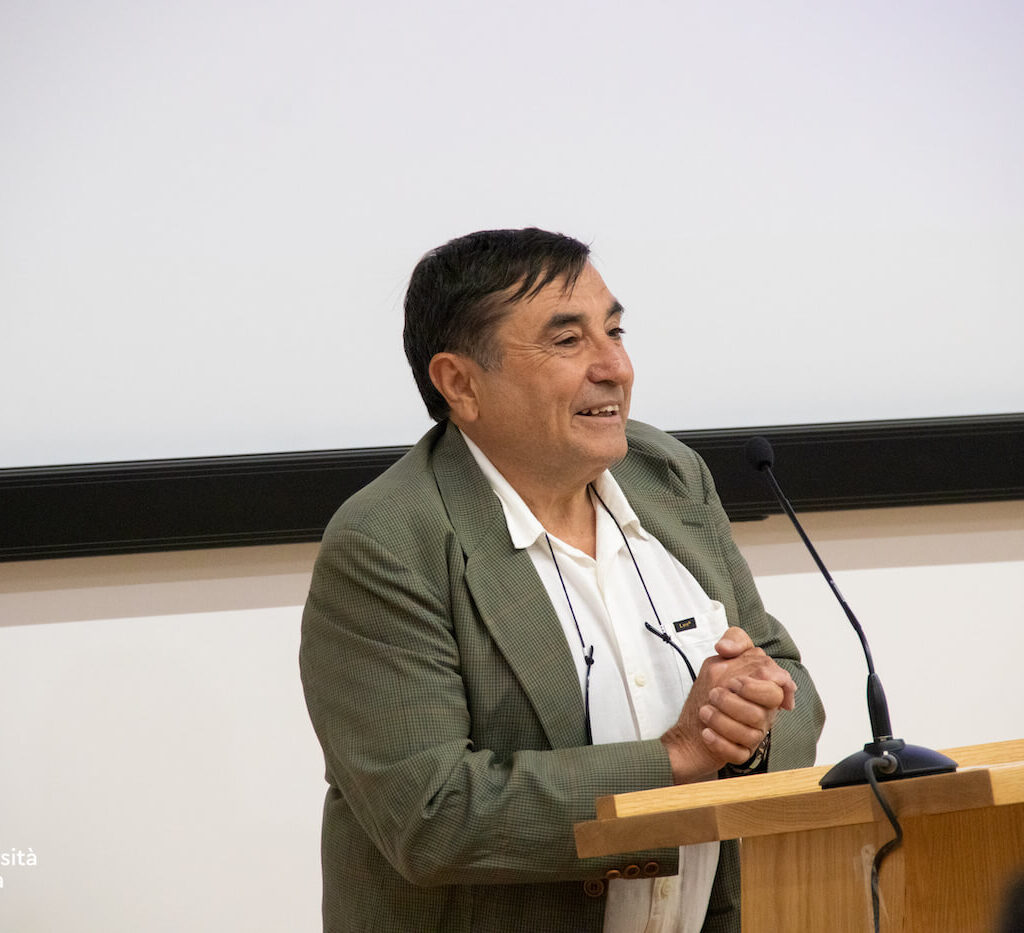
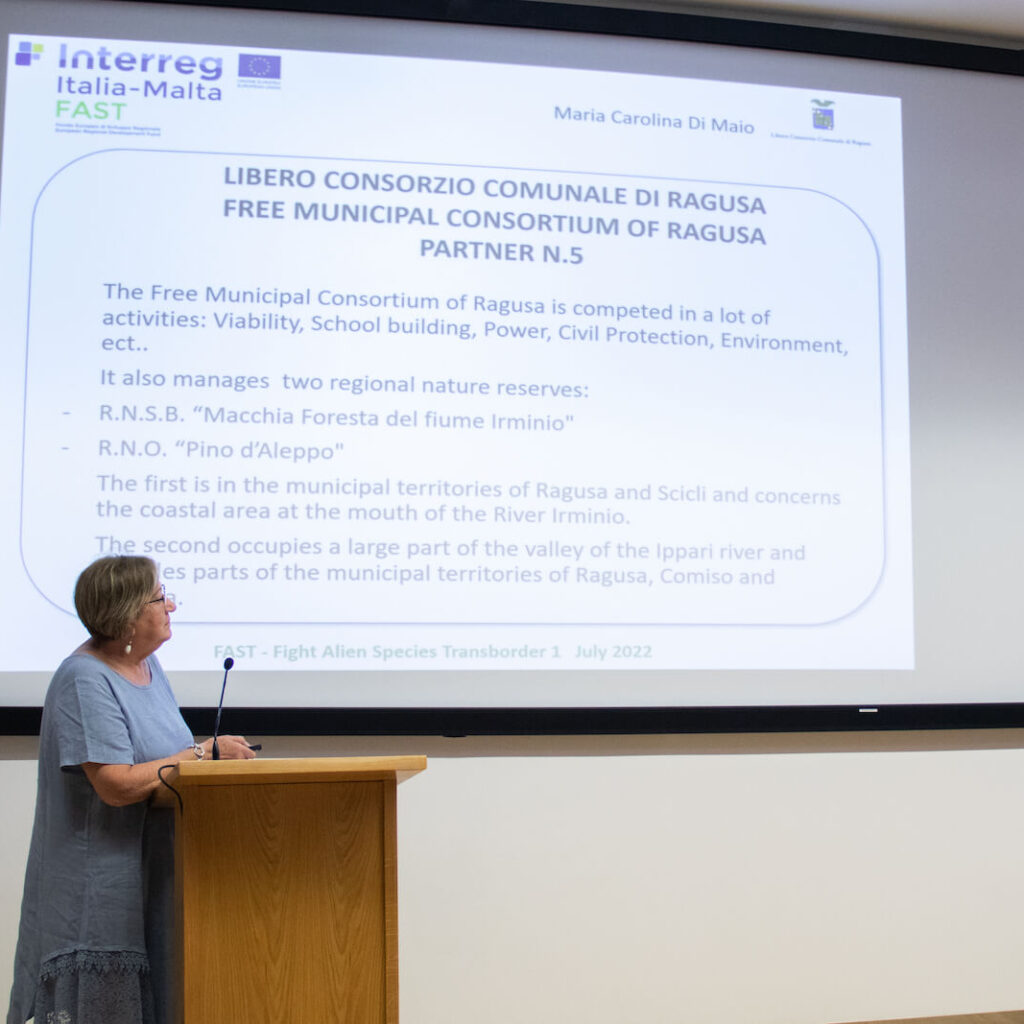


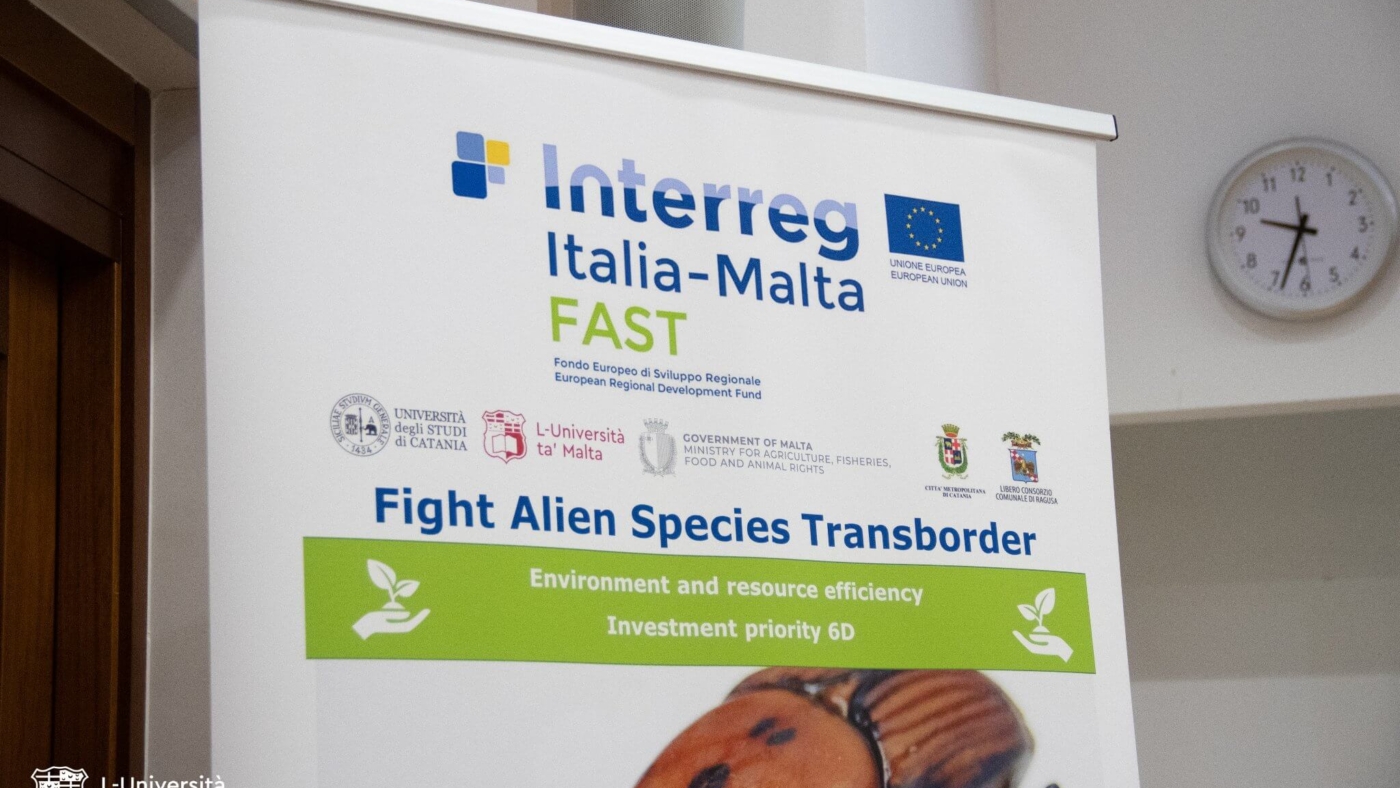
Add a Comment